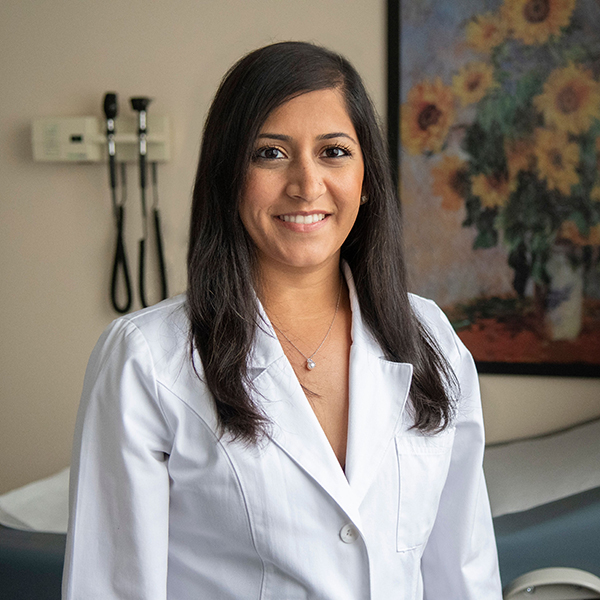Reflections From a First Year Attending Cardiologist: What Could I Have Done Differently Outside of Traditional Roles to Enhance My Training Experience?

A physician's journey through medical school and post-graduate training is an incredibly enlightening, rigorous and yet fatiguing marathon. Trainees work through many hours of school and board preparation, clinical duties and research pursuits prior to successful transition to attending physician. Often times, many of these endeavors are selected by trainees in an attempt to "fit the mold" of successful predecessors. As I reflect on my own personal journey, I have come to suspect that some of those hard-worked hours may successfully be dedicated to alternative pursuits without a detrimental effect on obtaining the "dream job."
Physician mental and physical well-being is a topic of frequent discourse in the medical community; however, it is often the first area of neglect by young trainees. We must continually motivate our trainees and colleagues to help ensure self-health is not forgotten. Activities one can partake in include intramural sports, self or group-directed exercise, yoga, cultivation of a hobby, or simply spending time with loved family and friends outside of the medical setting. Healthy eating habits must similarly be encouraged – strategies at the institution can easily be employed by program leadership to help encourage this trend. Simple interventions include healthy catering during trainee education, formation of a database with time efficient and healthy recipes, encouragement of meal-preparation on off days, and pursuit of employee or group discounts of pre-cooked meal delivery systems. The combination of self-motivated practice and institutional guidance can certainly help foster a culture of healthy mental and physical habits.

Research endeavors are strongly encouraged in our field, particularly amongst trainees with ambitions of pursuit of an academic or basic science-oriented career. This push to engage in research activities can, however, be misinterpreted as a compulsory activity by all. Alternatively, service-based activities at the institutional, local or national level can provide an opportunity for career development and networking, while also providing an avenue to cultivate interests outside of the medical or scientific field. Examples of such activities include service trips abroad, volunteering at local food banks or clothing drives, helping establish a sports or arts camp for young children, or simply initiating fundraising efforts at your academic institution (fantasy football, bake sales, book clubs with monthly donating, etc.). Involvement in these activities can help to diversify a resume and may also help reduce physician burnout by diminishing the daily hours spent focused on medicine.
Involvement in medical and nonmedical professional societies also provides an educational, social and enjoyable avenue to foster interests of any type. I have personally found my work with the ACC and various nonprofit organizations to be the most fulfilling experiences of my career to this point. My only regret is that such involvement has been sporadic due to the unpredictable nature of clinical duties and call schedules. I would encourage current and future trainees to reach out to an organization of interest and inquire about ways to participate as a member, organizer or leader. Your level of involvement can easily be adjusted based on schedule availability. Opportunities for involvement within an organization can be endless. For example, opportunities within the ACC include: attendance of the local and national meetings, ACC Women in Cardiology Section, ACC Fellows in Training Section, leadership committees, educational webinars, question writing, mentorship, and much more. Similar to service-based activities, membership provides an alternative pathway for trainees' career advancement in both personal and professional aspects.
I encourage all trainees to embrace their years of medical school and post-graduate training. Investment in those years will ensure a solid foundation for transition to independent practice. Time spent outside of clinical duties – whether it be in pursuit of research endeavors or alternative work – can and should be diversified to help fit your personal career goals, interests, and maintenance of personal and mental well-being.